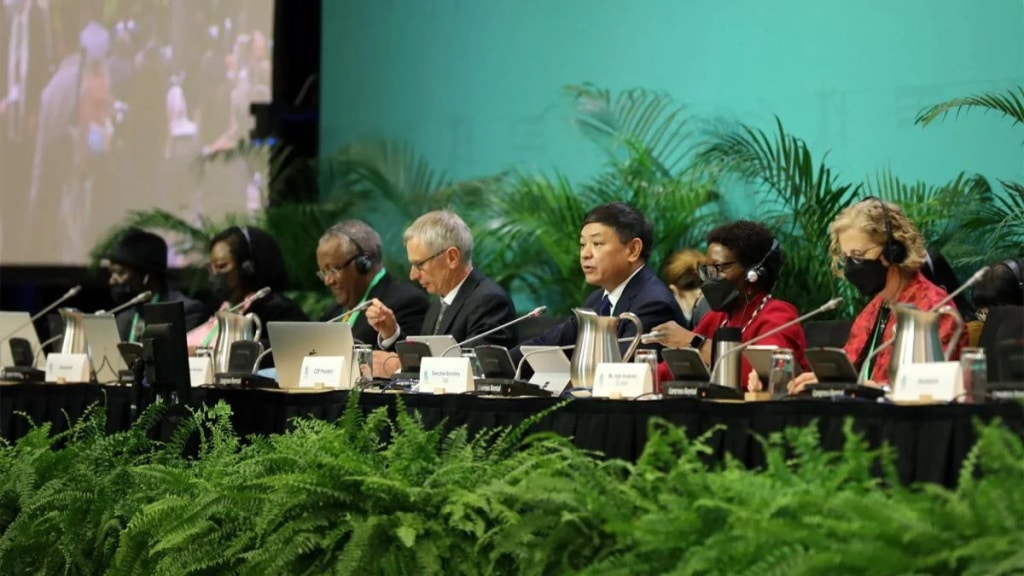The 15th UN Conference on Biodiversity (COP15) began last week and has now entered a critical phase. There is only one week left to discuss an outcome document on reversing the global loss of biodiversity: protecting 30% of land and sea, halving pesticides, restoring 20-30% of degraded land, etc.
These objectives can only be achieved if the necessary funding is made available. In this respect, the African countries, Brazil, India and Indonesia are demanding financial subsidies of at least 100 billion dollars per year, or 1% of the world’s gross domestic product (GDP) until 2030, i.e. about ten times the current amount of aid, and as much as that promised for the fight against global warming. Developing countries want to receive these subsidies through a new global biodiversity fund.
Rich countries favour reforming existing funds
The idea of a new biodiversity fund does not suit rich countries. They prefer a reform of existing financial flows. “The creation of a new fund could take years,” warned Canadian Environment Minister Steven Guilbeault on Tuesday, citing the seven years spent setting up the current Global Environment Facility (GEF).
“In the end, there is far too little money on the table, which is one of the main reasons why the conversation is difficult. Moving forward requires much more significant commitments from the European Union (EU) and European governments,” says Anna Ogniewska, an advisor at Greenpeace.
Read also-AFRICA: Leaders call for $100-700bn a year for biodiversity
The debate on financing a new global agreement to reverse the loss of biodiversity in the decade 2020-2030 will be decided by the environment ministers of the 193 countries represented at COP15. However, “parties need to show more courage, wisdom and determination to overcome their differences and reach a final agreement at the UN biodiversity conference,” say COP15 President Huang Runqiu, China’s Minister of Ecology and Environment.
Boris Ngounou
